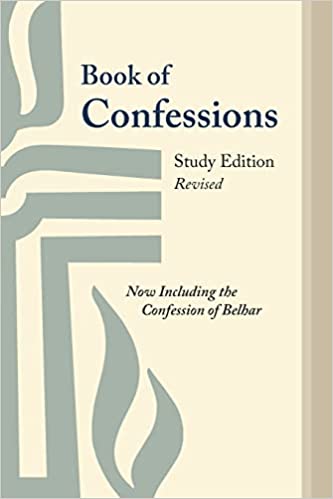
The Westminster Catechism starts with the fundamental assumption that every person has a calling to know God and to enjoy him forever. That calling then leads us to a fuller understanding of who God is and how he has chosen to reveal himself. These first six questions may be short, but they open a window to a uniquely Reformed theology while simultaneously affirming the universal church’s profession of faith in the Triune God.
You can also download a PDF version of the Shorter Catechism here: https://bit.ly/3Bf072r.
Feel free to share this with anyone who you think might be interested in growing deeper in their faith and Christian discipleship.

Pastor Talk Quick Links:
- Learn more about the Pastor Talk series and view our previous studies at https://pastortalk.co
- Subscribe to get the Pastor Talk episodes via podcast, email and much more! https://pastortalk.co#subscribe
- Questions or ideas? Connect with us! https://pastortalk.co#connect
- Interested in joining us for worship on Sunday at 8:50am? Join us at https://fpcspiritlake.org/stream
*FYI, if you purchase the books through these links, First Presbyterian Church will receive a small commission from Amazon.

